Lesson plans
These pre-made, introductory data science lessons are a way for students to develop critical thinking and problem solving skills. We start with a question, find an open dataset to answer the question, and then ask students to reflect.
These pre-made, introductory data science lessons are a way for students to develop critical thinking and problem solving skills. We start with a question, find an open dataset to answer the question, and then ask students to reflect.

Suggested grade levels: 7-9 Explore, analyze, and interpret data related to the UEFA Champions League 2020 - 2021 season using mathematical reasoning and critical thinking. LESSON PLAN STUDENT JUPYTER NOTEBOOK 1 STUDENT JUPYTER NOTEBOOK 2 STUDENT JUPYTER NOTEBOOK 3
Mar 26, 2024
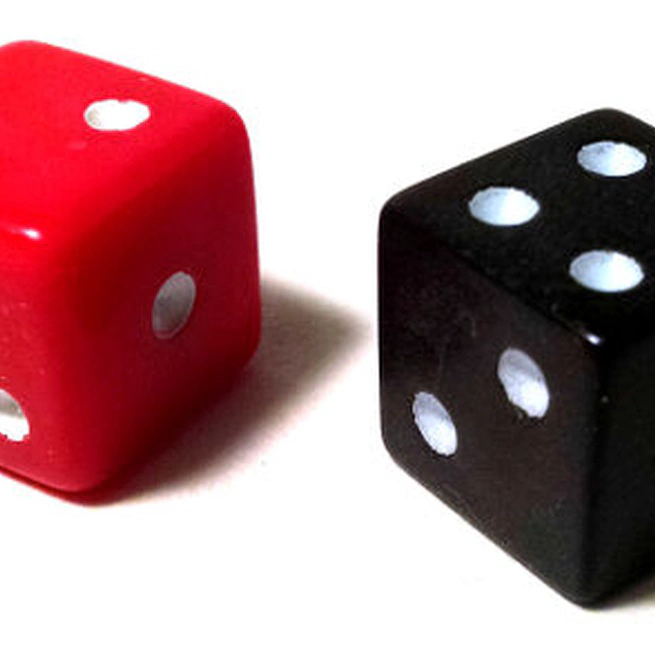
Suggested grade levels: 9-12 Two players competing for the same resources. Game seems rigged. Students explore a live simulation of the game, to calculate how to balance the game for everyone involved.
Mar 26, 2024

Suggested grade levels: 8-12 The Physics of Sound notebook introduces students to three key characteristics of sound - amplitude, pitch, and timbre. Students will explore these characteristics in an interactive coding environment.
Mar 26, 2024
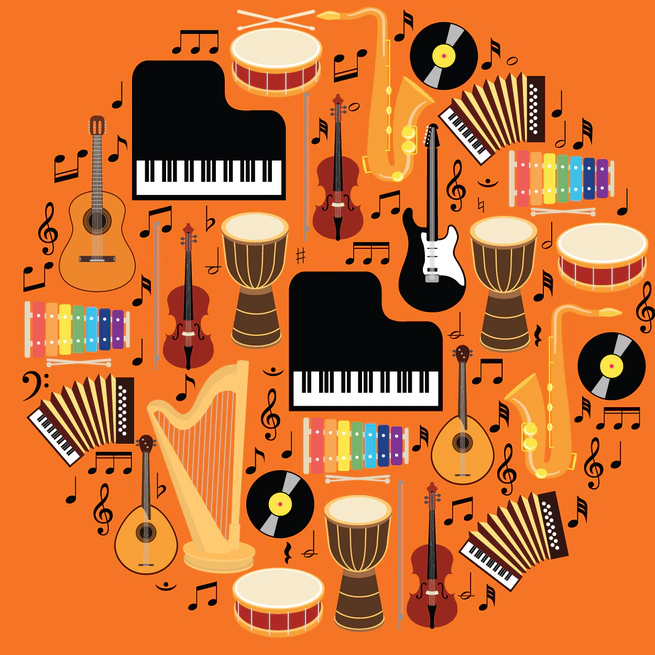
Suggested grade levels: 7-12 The Physics of Music notebook explores what makes a sound appear musical, the physics of sound waves and musical instruments, and how sounds are created on a computer.
Mar 26, 2024
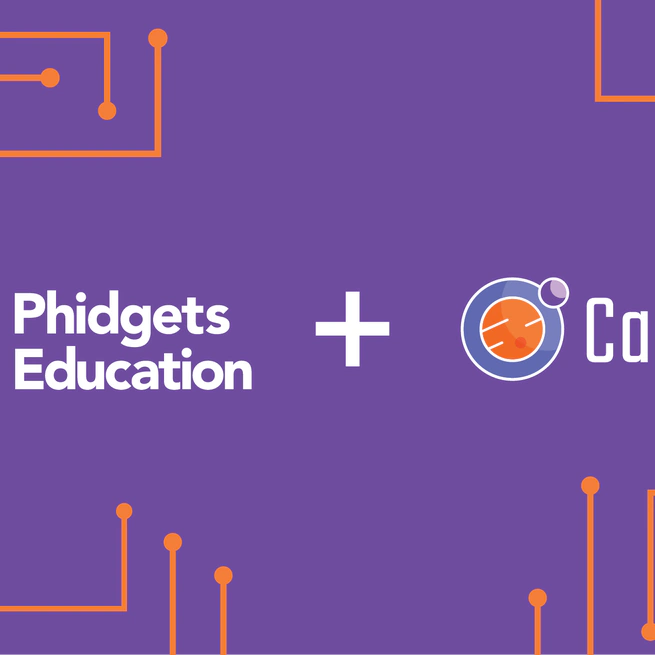
Suggested grade levels: 6-9 This lesson plan introduces hands-on data analysis centered around the Phidgets Plant kit. The kit's smart watering system uses sensors to track humidity, light, temperature, and moisture, enabling students to apply real-world data science skills.
Mar 26, 2024

Suggested grade levels: 5-12 Phidgets are a collection of hardware sensors that teachers and students can use to learn about programming with real physical devices. The phidgets in the classroom lesson plan incorporates the phidgets starter kit, which includes buttons, lights, and a temperature/humidity sensor, that students can access through a Jupyter notebook.
Mar 26, 2024

Suggested grade levels: 5-12 The Open Parliament notebook explores the extensive collection of Canadian parliamentary discussions known as the Hansard. This transcript serves as a meticulous record, capturing the intricate deliberations and debates that unfold within the chambers of the Canadian Parliament.
Mar 26, 2024
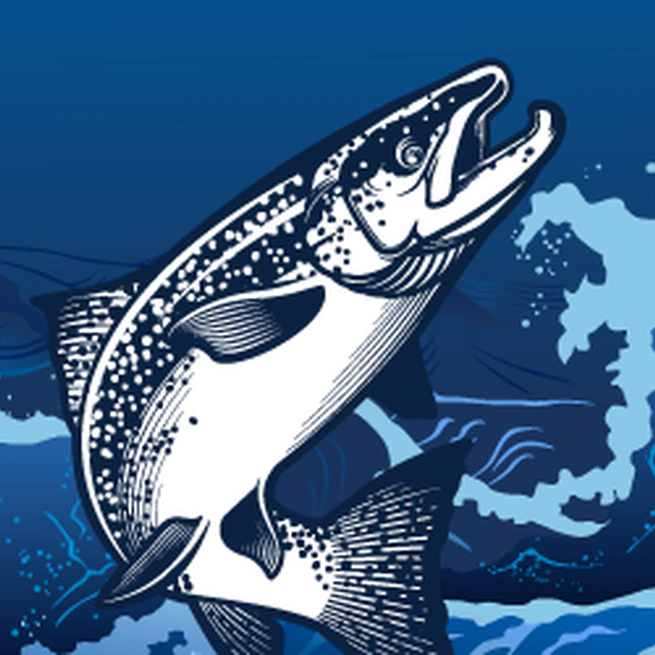
Suggested grade levels: 9-12 Students will learn how to apply a math model to understand the impact of fish harvesting on the life cycle of pink salmon. This module may be used to facilitate a discussion about two different approaches to harvesting fish: traditional Northern Coast Salish using fish traps, and industrial fishing using modern techniques.
Mar 26, 2024

Suggested grade levels: 9-12 Students will learn how to use mathematics to explore a model of the COVID-19 outbreak in Canada. From there, they’ll compare the model against data from COVID-19 confirmed cases in Canada using graphs.
Mar 26, 2024
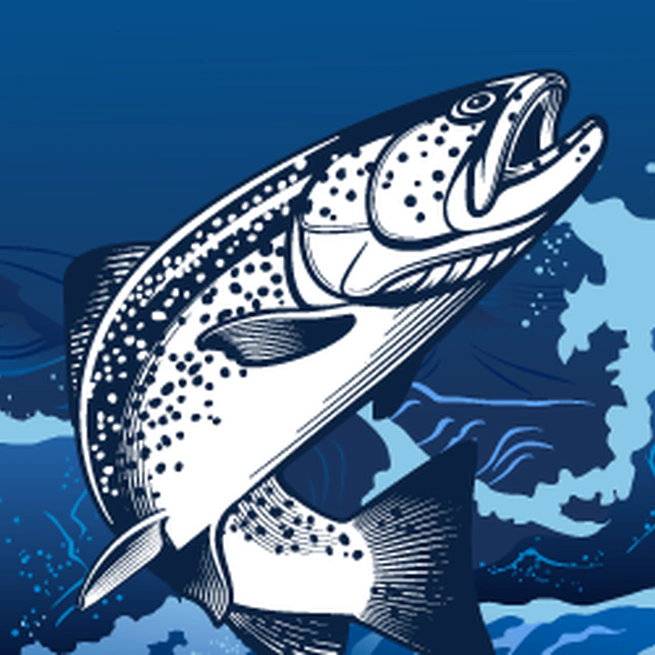
Suggested grade levels: 9-12 In this notebook, students will learn to identify elements of traditional Northern Coast Salish fish traps and create data visualizations (such as line plots and pie charts) to identify when to harvest fish.
Mar 26, 2024